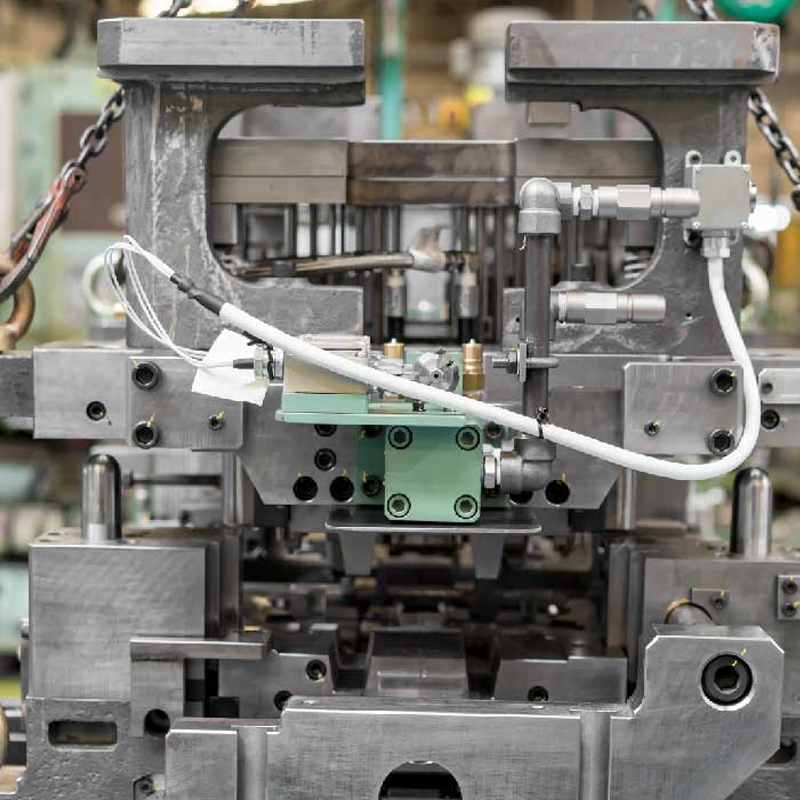When embarking on an injection molding project, one of the first and most important decisions you’ll face is selecting between aluminum and steel tooling. This choice significantly impacts the cost, timeline, and efficiency of your production process. The decision often depends on the volume of parts you intend to produce and the stage of your product’s development.
At Toolingsun, we specialize in delivering tailored, high-quality tooling solutions to meet the unique needs of your business. Whether you’re looking to create prototype molds or plan for high-volume production, understanding the advantages and limitations of both aluminum and steel tooling will help you make an informed decision that aligns with your production requirements.
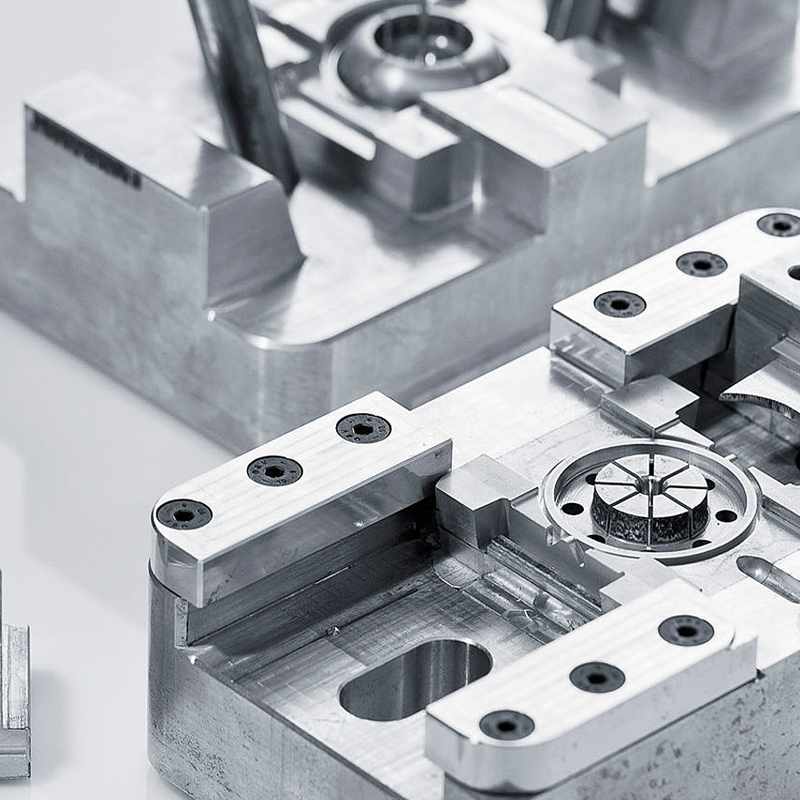
Aluminum Tooling: A Flexible and Cost-Effective Solution
Aluminum tooling offers a range of benefits, particularly for projects with lower production volumes and tighter timelines. For runs of fewer than one million parts, aluminum tooling is often a more cost-effective option compared to steel. In fact, aluminum molds are typically priced much lower, starting at around $1,500, and can be delivered in as little as seven days.
If you’re still finalizing your part design or determining demand, aluminum tooling offers the flexibility to pivot without the need for a large upfront investment. Because aluminum is softer than steel, it is easier to machine, which reduces both production time and costs. This makes aluminum tooling an ideal choice for initial product runs or when part designs are still evolving.
Aluminum molds are generally capable of producing up to 10,000 parts. Depending on the complexity of the part and the material used, this number may be significantly higher. The reduced machining time and cost savings associated with aluminum tooling make it an excellent choice for early-stage production or when you need rapid on-demand manufacturing.
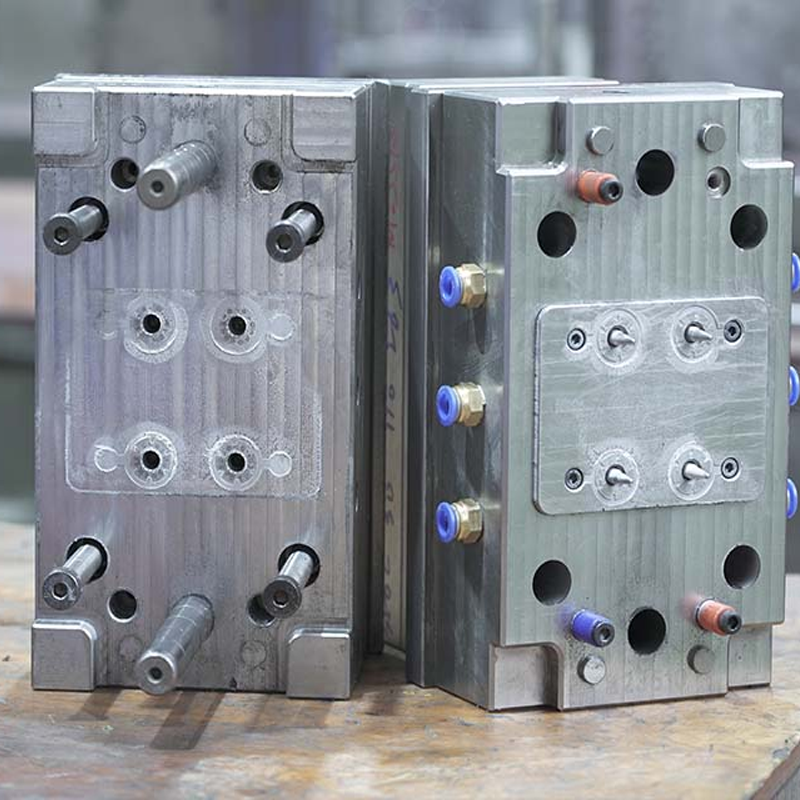
Key Benefits of Aluminum Tooling
At Toolingsun, we understand the importance of balancing cost, time, and flexibility. Aluminum tooling presents several compelling advantages that can streamline your product development process:
- Lower Initial Costs: Aluminum molds are typically more affordable than their steel counterparts, with production costs starting as low as $1,500.
- Fast Turnaround: Aluminum molds can often be delivered in as little as seven days, which is particularly beneficial for projects with tight deadlines. In contrast, steel tooling typically requires longer lead times.
- Production Volumes: Although aluminum tooling is commonly used for quantities up to 10,000 parts, many molds can exceed this limit depending on the material and part complexity.
- Material Flexibility: At Toolingsun, we offer an extensive range of thermoplastic and thermoset materials, including ABS, polycarbonate (PC), polypropylene (PP), liquid crystal polymer (LCP), and polyoxymethylene (POM), providing the flexibility to choose the right material for your project.
In addition to these benefits, aluminum molds offer superior thermal conductivity, which enhances heat dissipation and reduces the need for complex cooling systems. This contributes to greater efficiency and cost savings during the manufacturing process. Aluminum molds are also easier to maintain and can be repaired more easily, extending their lifecycle and ensuring consistent quality throughout production.
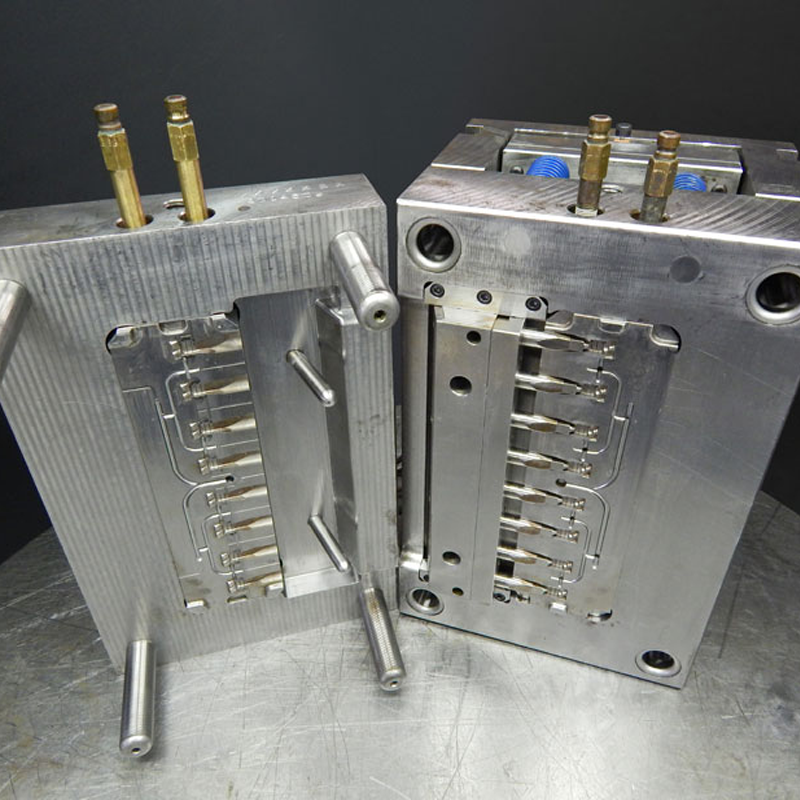
Design Considerations for Aluminum Tooling
While aluminum tooling provides numerous advantages, it’s important to keep certain design considerations in mind to optimize mold performance and longevity:
- Surface Finish: The surface finish of your parts can significantly impact both the aesthetics and functionality. For parts where appearance is important, a smooth SPI-A2 finish will require additional polishing and may increase costs and lead times. For less aesthetic parts, the PM-F0 finish is more cost-effective and involves no additional polishing. Toolingsun offers a range of surface finish options, including:
– PM-F0: Non-cosmetic finish at Toolingsun’s discretion
– PM-F2: Non-cosmetic, EDM permissible
– SPI-C1: 600 grit stone
– SPI-B1: 600 grit paper
– SPI-A2: Grade #2 Diamond Buff
- Draft Angles: Including draft angles in the design is essential for easy part ejection. This helps prevent damage during ejection and ensures the part retains its integrity and finish. Without proper draft angles, parts can experience issues such as sticking, surface defects, or warping.
- Wall Thickness: Consistent wall thickness is critical to avoid issues such as sink marks or warping during cooling. The recommended thickness for thermoplastics typically ranges from 0.040 in. to 0.140 in. (1 to 3.5 mm).
- Corner Radii: Sharp corners are difficult to machine and can lead to stress points, compromising the structural integrity of your part. We recommend incorporating rounded radii in your design to avoid these issues and to improve mold durability.
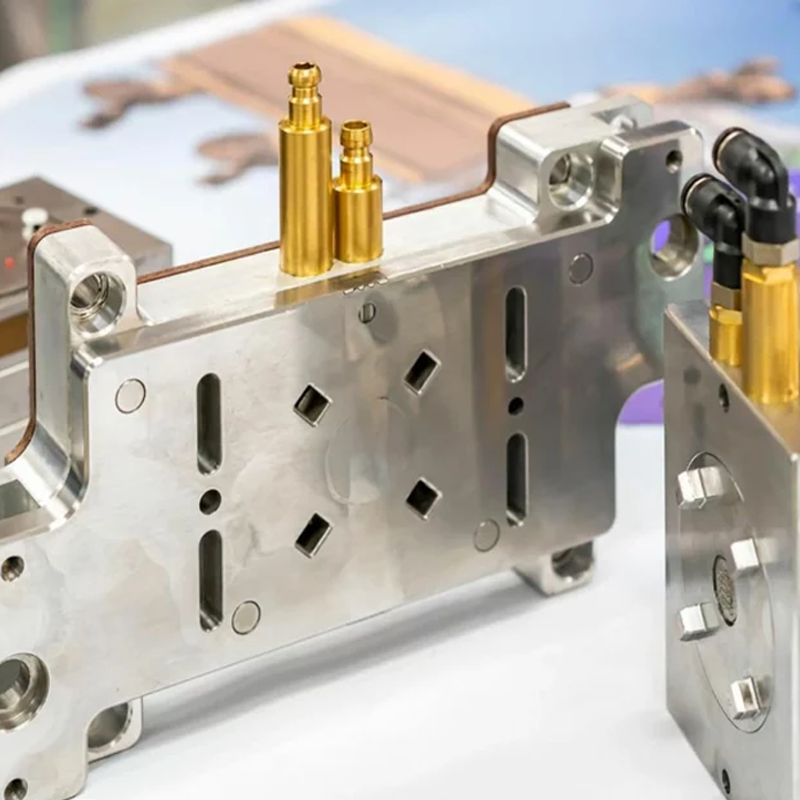
The Toolingsun Advantage: Tailored Tooling Solutions
At Toolingsun, we offer two primary tooling service levels designed to meet different stages of your product development:
- Prototyping: Ideal for low quantities and faster turnaround times, our prototyping service allows you to validate part designs quickly and affordably.
- On-Demand Manufacturing: Designed for higher-volume production, this service provides molds with longer lifespans, ensuring you can meet large-scale production demands over time.
Our team of experienced engineers works closely with customers to understand their specific requirements and provide expert guidance on selecting the optimal tooling solution. If you’re uncertain whether aluminum tooling is right for your project, we’re here to help you navigate the decision-making process with confidence.
Conclusion
Selecting the right tooling for your injection molding project is critical to ensuring efficient, cost-effective production. Aluminum tooling is an excellent choice for prototyping, short-run production, or when flexibility is essential. Its lower costs, rapid turnaround times, and ability to produce high-quality parts make it a preferred option for many businesses.
At Toolingsun, we are committed to helping our customers make informed decisions about their tooling needs. Whether you’re just starting product development or preparing for large-scale production, our expertise and resources are available to guide you through every step. If you have any questions or need assistance determining the best tooling solution for your project, don’t hesitate to contact us. Our team of application engineers is ready to assist you.
Reach out to Toolingsun today to discuss your project and learn how our tailored tooling solutions can help bring your product ideas to life.

